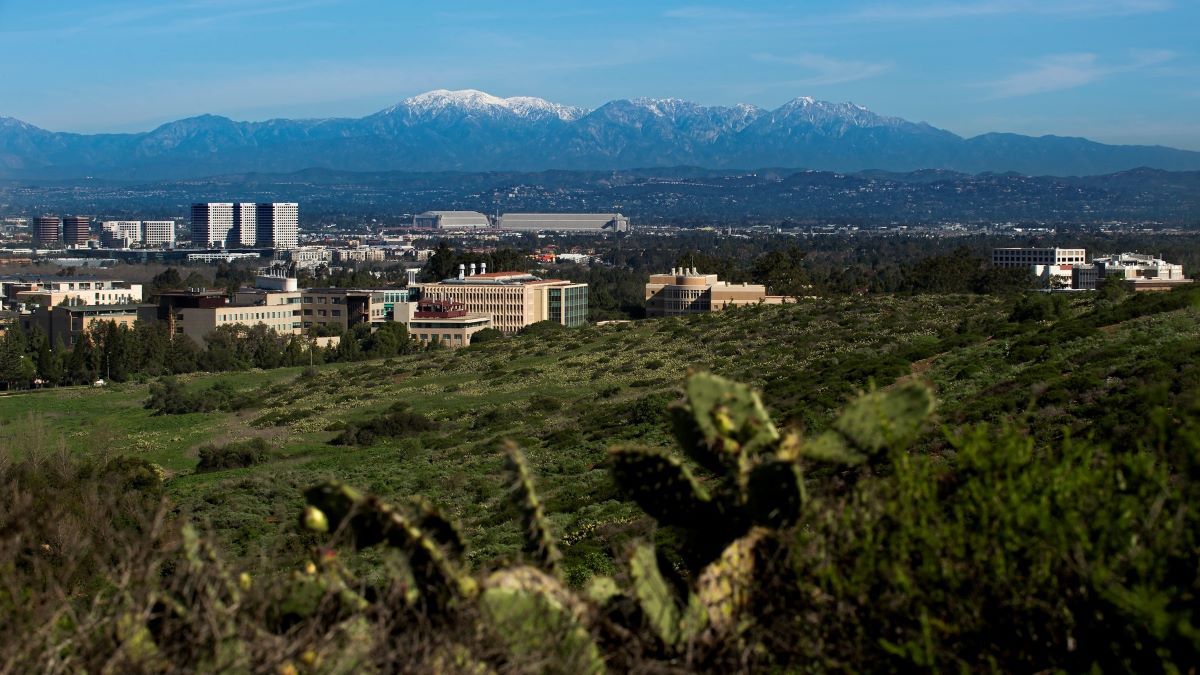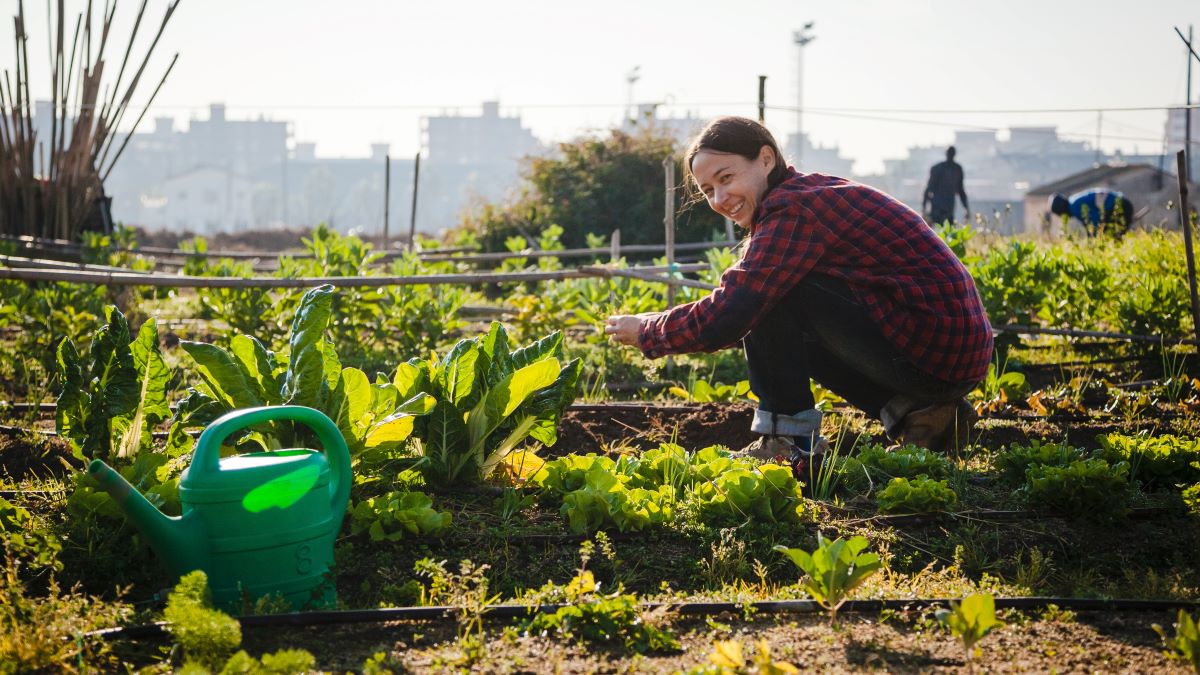As climate change transforms our environment planning for retirement becomes more complex. The increasing occurrence of heatwaves, wildfires, and drought, as well as hurricanes and flooding, are all recipes for disaster in the lives of seniors not well suited to cope with these conditions.
Climate change will influence retirees’ decisions on where to live, how to stay healthy, and how to avoid financial problems brought on by extreme weather events. Retirees who started their golden years with a solid nest egg may find their plans need to change, too.
Here are just a few considerations to keep in mind as you plan for retirement.

Residence
Moving to a new community or state always has a lot of things to consider. Taxes, housing costs, and proximity to amenities, among other factors, can make savings go further or suddenly run dry. The changing environment can wipe out a solid retirement plan with a single unexpected disaster. Rising sea levels and more intense hurricanes will endanger ocean-front properties and flood zones over the next couple of decades – while the cost of insurance spikes and federal insurance subsidies evaporate.
Climate change is making traditional retirement meccas such as Florida or Arizona among the worst places to retire. So, where are the better places to live to avoid the more severe impacts of climate change? David Pogue, author of the book How to Prepare for Climate Change: A Practical Guide to Surviving the Chaos, suggests that communities in the Great Lakes region, such as Madison, Wis., or Duluth, Minn., are the better bets, but no place is completely free of the ill effects.
Property owners in flood zones along the coasts, in river basins, or in wildfire zones, must factor into their plans the cost of insurance. Flood and fire insurance prices will skyrocket as government insurance subsidies are cut back or eliminated.
It’s also important to understand that home insurance doesn’t automatically cover flooding; explore adding flood insurance to your policy. The average annual cost of a flood insurance premium is $700, according to FEMA. Unfortunately, most Americans are just taking their chances; only 27% say they have flood insurance, according to the Insurance Information Institute.
Healthcare
The health effects of climate change are already proving costly – and are likely to worsen. A recent report from the Natural Resources Defense Council and others showed that health costs related to climate change exceed $820 billion a year in the United States. Those costs are connected to premature death, medical care after a major natural disaster, lost wages due to climate-related illnesses, and the price of filling prescription medications for those illnesses.
The average senior certainly can’t do as much as medical professionals or government policymakers in trying to stem those costs. But the report says they and others can make lifestyle changes that improve health, battle climate change, and lower costs all at the same time. For example, walking, biking, or using public transportation instead of cars, when possible, can reduce pollution emissions and improve people’s health. Of course, that raises the issue of senior mobility. Retirees need to plan to live near the services they require to live comfortably, in other words, in cities or walkable suburbs.
Each of us can contribute to lowering society’s carbon emissions by eating healthy foods, reducing meat consumption, replacing animal products with fruits, vegetables, and whole grains. Better diets not only improve health; they also reduce healthcare costs.
Financial
The financial impacts of climate change for seniors will come from a number of challenges that will require adaptation to overcome. We are starting to feel this accelerating problem creep into our wallets as food prices rise during droughts. Extreme weather causes energy prices to spike – the financial challenges we all face can push seniors’ savings to the brink.
The impact of climate change on available food and water has become evident on the news and in the grocery store. Rising food prices and growing scarcity will require more people to rely on locally or self-sourced food items such as produce, eggs, and meats. The changing economy does offer seniors more options for locally sourced food, such as farmers markets and growing food at home. But, a lack of savings may force seniors to back on meat simply to extend their budget, not for the benefit of the environment.
Senior services and meal delivery programs will be strained by the combination of a rising elderly population and climate issues. The social safety net will become more frayed, leaving unprepared seniors in dire straits.
The cost of electricity to power air conditioners and fuel to heat homes is also on the rise in areas that experience increasingly hot summers and colder winters. People will need to look to alternative sources of power such as solar, wind, and hydro to help combat these costs – and to avoid losing vital services during power outages.
More people are experiencing negative health consequences from the changing environment. This affects the air we breathe, and temperature of our environment. Also extreme storm events such as hurricanes, floods, tornadoes, and wildfires create their own environmental issues. Healthcare costs will rise unless they can find ways to isolate themselves from these impacts or relocate to other areas to live.
Plan Now To Be Prepared
The world has reached a “Code Red” moment as the climate has changed and will continue to change at an accelerating pace. Unprepared and low-income seniors will be among the most vulnerable and impacted people as the financial, health, and lifestyle consequences of climate change continue to accelerate.







